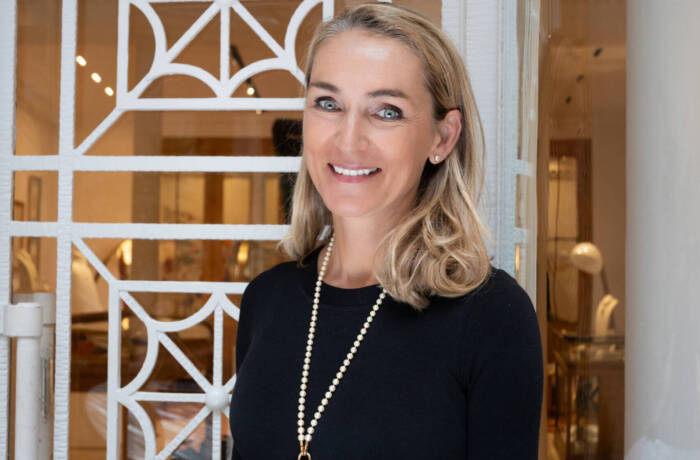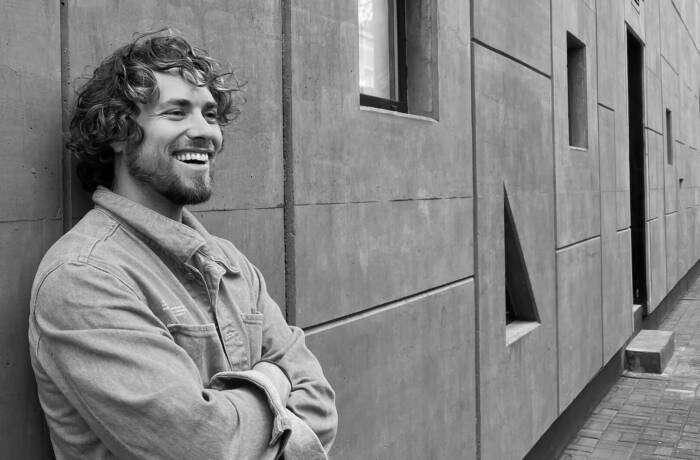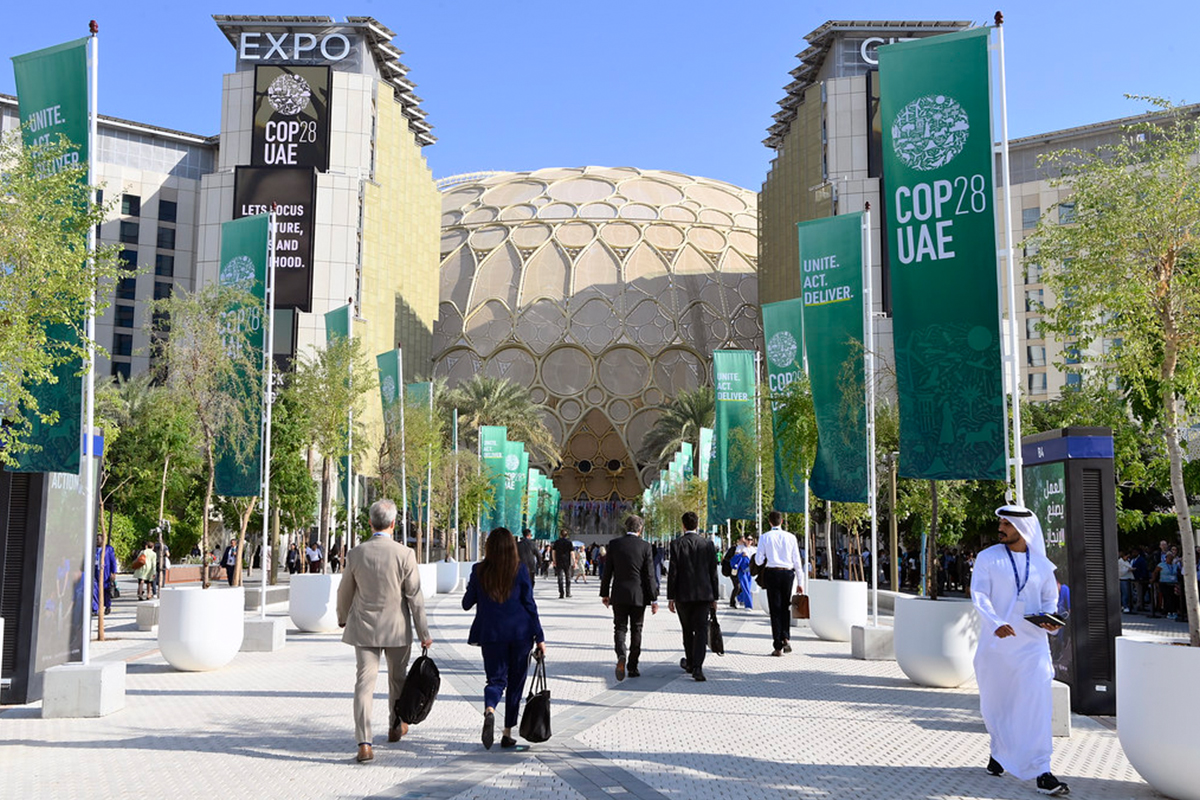
COP28 closed last week with an agreement that signals the “beginning of the end” of the fossil fuel era
Following the close of COP28 last week, Markus Müller, Chief Investment Officer of ESG & Global Head of Chief Investment Office at Deutsche Bank’s Private Bank, speaks to LUX about his key takeaways from the conference
LUX: Did COP28 move the dial on climate change?
Markus Müller: Yes, from my point of view it did. Look at the commitments to triple global renewable energy capacity by 2030 and double energy efficiency. But it is what is implied by such commitments that is most interesting. This isn’t just a matter of developing pure supply. We’re also going to have to develop markets – by changing permissions and enhancing grid connection, to mention just two factors out of many.
Follow LUX on Instagram: luxthemagazine
We also have to recognise who can do what by when. Rapid adoption of renewables may pose the biggest challenge for the Global South. After nearly 30 years of these climate change conferences, it’s also highly important that fossil fuels have finally formally been mentioned in the commitment for a “transition from fossil fuels to cleaner energy”. In statements for previous COPs, there has just been talk about reduction of harmful subsidies. This is a clear step further. The problem for countries is now to make this happen without sacrificing living standards.
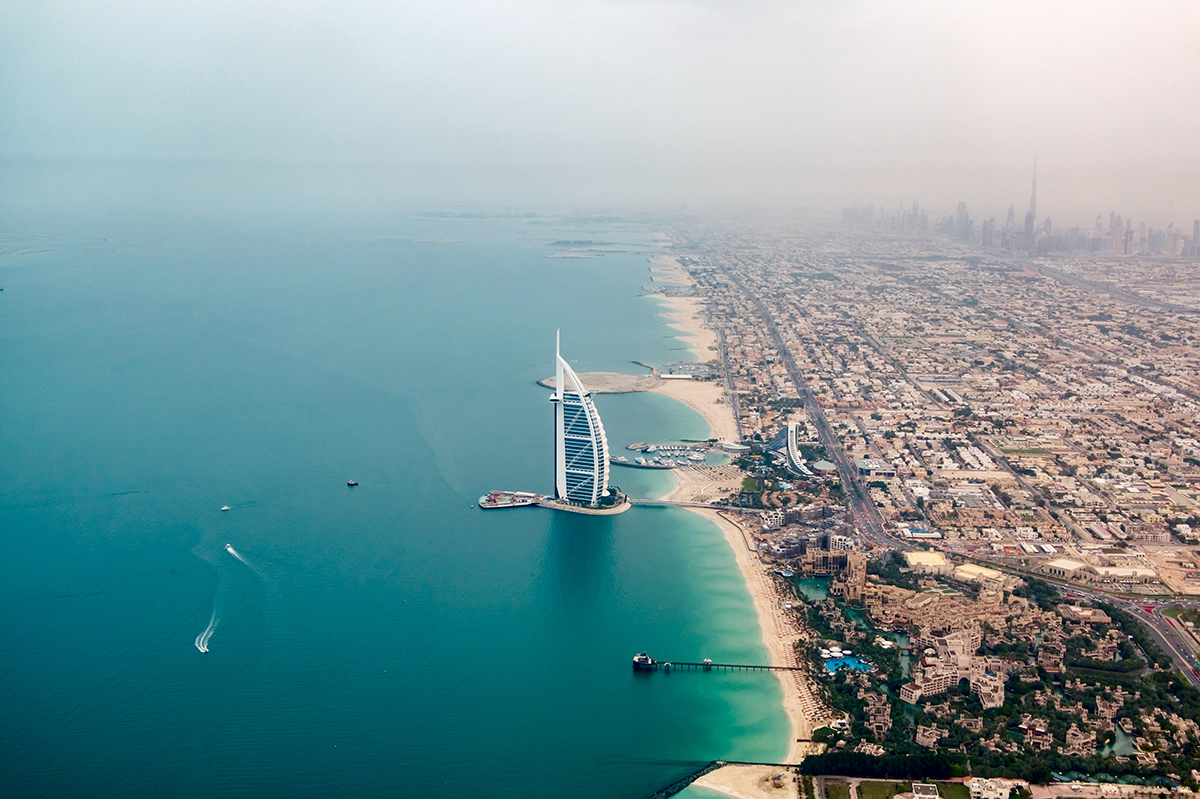
Global solidarity was shown at COP28 when negotiators from nearly 200 Parties came together and signed on the world’s first ‘global stocktake’ to ratchet up climate action before the end of the decade
LUX: What was your best professional moment at COP28 and why?
MM: My best professional moment was a talanoa-style dialogue with the Island Youth from Hawaii, Philippines, Palau and Samoa. It was impressive to listen to the Island Youth discuss their views and hear their take on challenges ahead. The dialogue helped me understand how disconnected the world still is on many topics – but it also revealed a lot of hope for the future. We know what to do on climate change but we have to act now.
LUX: What was the biggest disappointment and why?
MM: The biggest disappointment was that the sheer scale of event hindered effective dialogue between businesses, policymakers and NGOs. Compared to recent COPs it was simply too big – in terms of numbers of attendees and, for example, physical distance between their stalls. We could have done a better job in bringing together the “needs” with the “what” and the “how”.
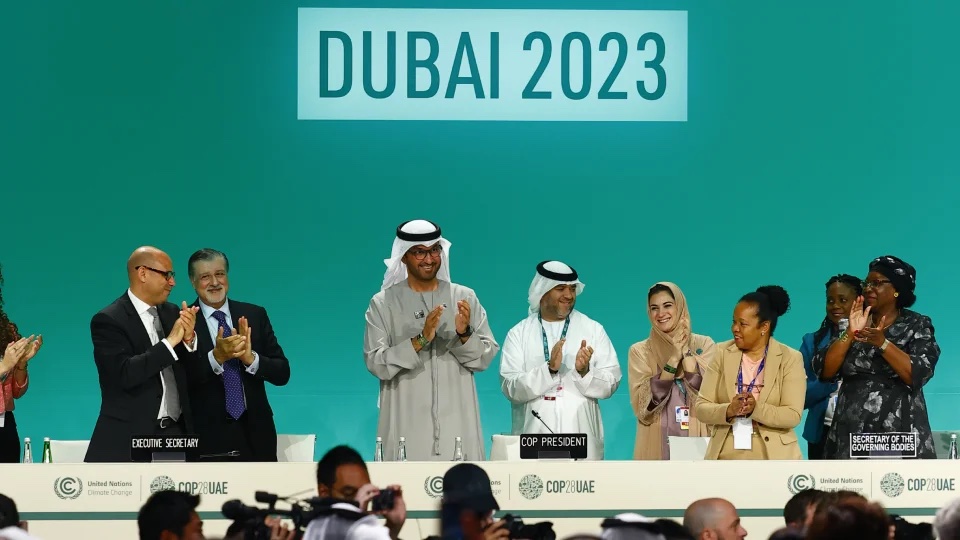
Over 85,000 participants attended COP28 including civil society, business, Indigenous Peoples, youth, philanthropy, and international organisations as well as world leaders
LUX: Do you sense genuine momentum towards changing economic thought to take account of natural capital, or is this still an outlier?
MM: I think that nature is coming more and more towards centre-stage but it still isn’t there yet. Next year’s biodiversity COP (COP16 in Australia) should however help make it clear that if we want to tackle the climate crisis we also need to solve the biodiversity and ocean crisis. We need nature for mitigation and adaptation and we need to think more in terms of natural capital to work out how best to do this.
LUX: “Overall, COP28 did more harm than good. The environmentally damaging deals that emerged from informal meetings will do more harm than any resolutions will do good”. True or false, and why?
MM: False. What about all the positives what we all bring home from our informal conversations too? Also remember how news reporting from this and previous COPs have raised awareness of environmental issues in public discussion worldwide? COPs have normalised open discussion of topics previously seen (wrongly) as not relevant to the global citizen. We probably don’t give enough prominence to the publication of the “Global Stocktake” either. This text lays not only the pathway that nations must take to limit global warming to the previously-agreed-upon goal of no more than 2°C higher than pre-industrial levels—but also individual countries’ progress along this path.

COP28 saw Parties agree to Azerbaijan as host of COP29
LUX: Hypothetical question: you are hosting one of the next COPs, and you have absolute power over the final resolution. What would it state – in a way that is both effective and implementable?
MM: I’d make three commitments. First, for Nature and Ocean to join Climate at centre-stage of policymakers’ attentions. Second, to prioritise fixing problems with the allocation of climate finance. Third, and this is very much linked with the second commitment, to put an explicit focus on fairness. Most such finance to middle-income countries for projects that reduce emissions, such as wind or solar energy.
Read more: COP28 Diary by Darius Maleki
Far less goes to the poorer countries, and even smaller amounts to help countries adapt to the effects of the climate crisis. Many participants believe that the focus of future COP meetings needs to be on a fair way to reach targets. As part of this, developed economies need to band together to financially support developing economies in the search for a new, less fossil-fuel intense development path. I think we’ve seen a change in attitudes here in recent COPs and I look forward to them delivering much more here in coming years.
Markus Müller is Chief Investment Officer of ESG & Global Head of Chief Investment Office at Deutsche Bank’s Private Bank
Find out more: deutschewealth.com/esg


